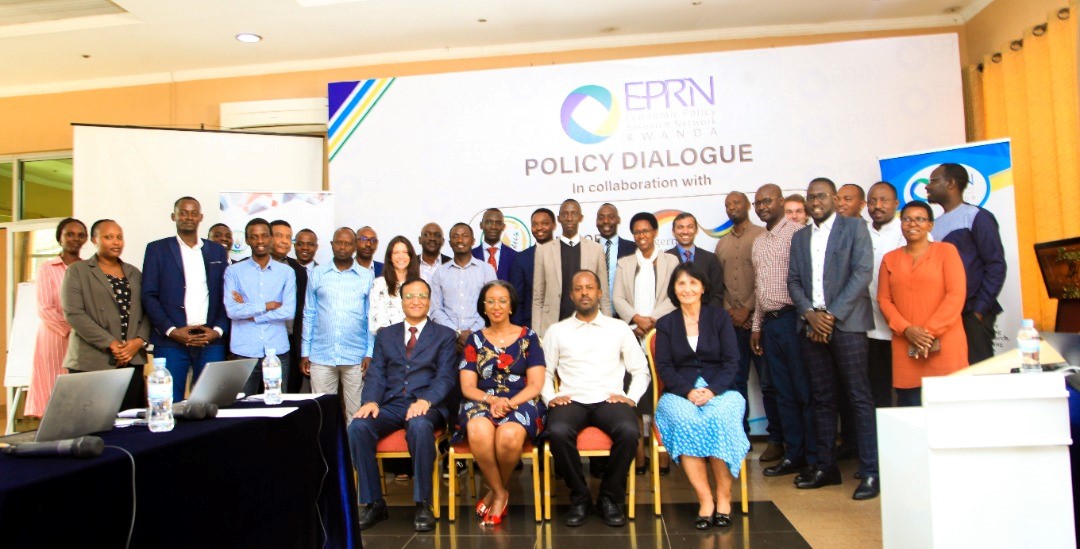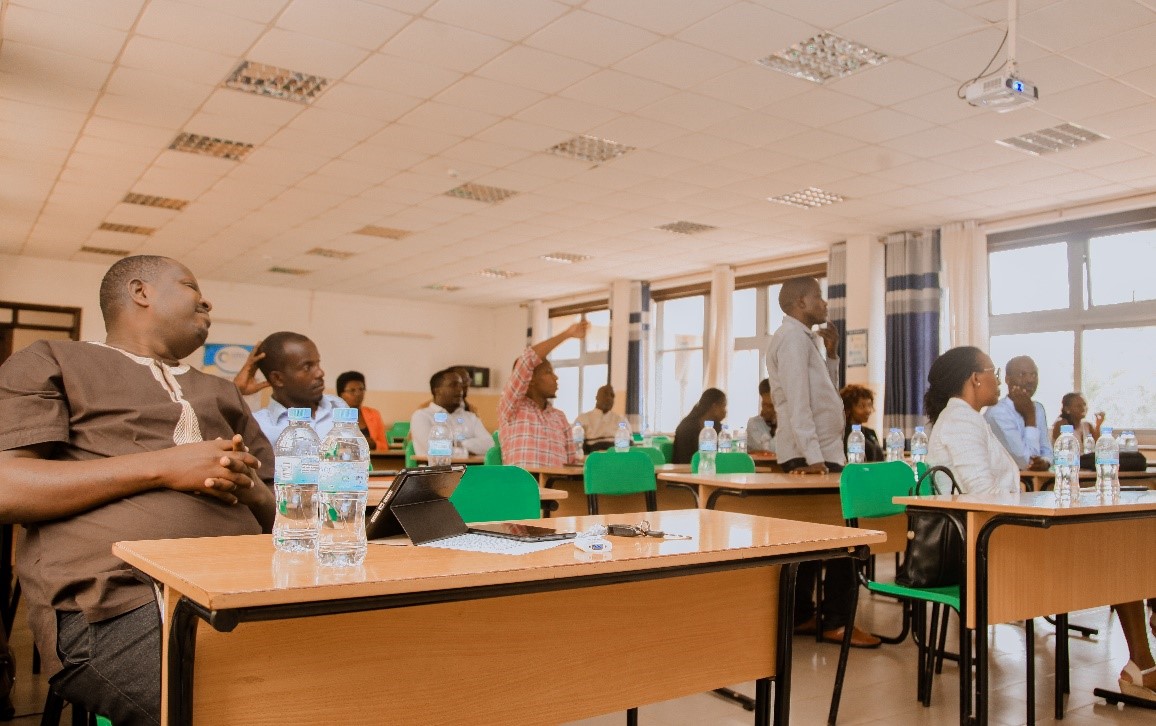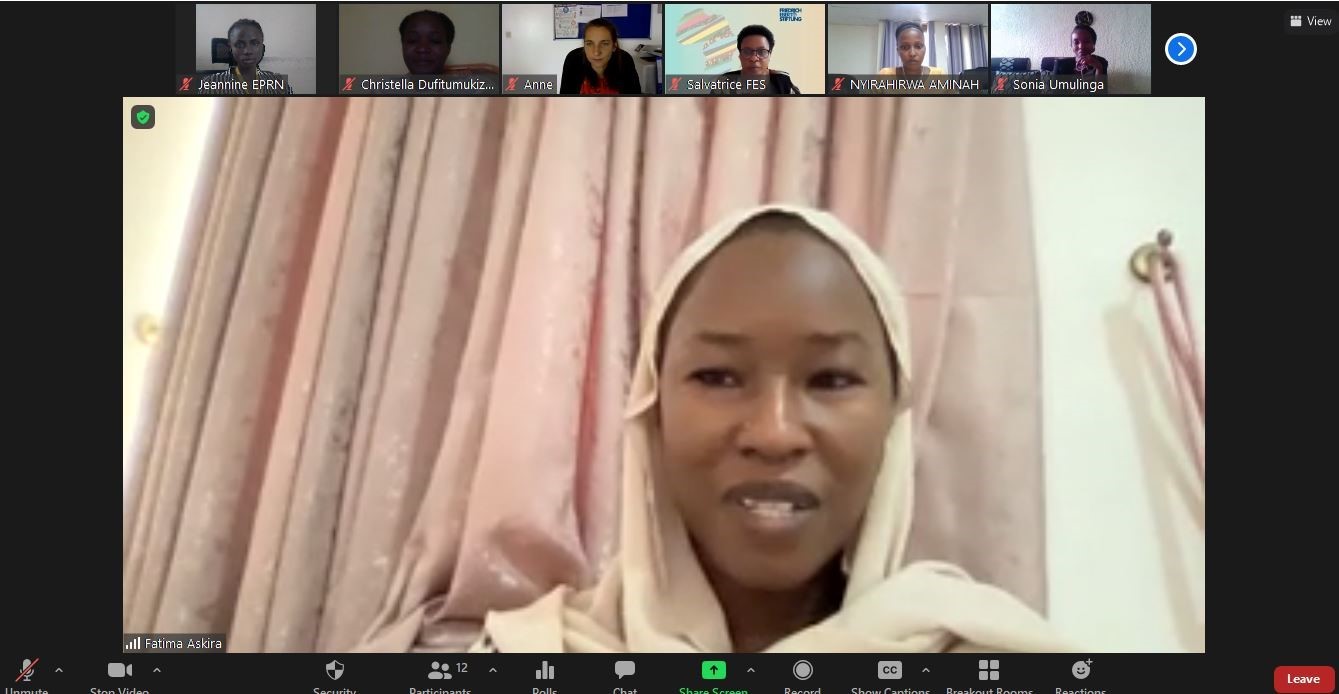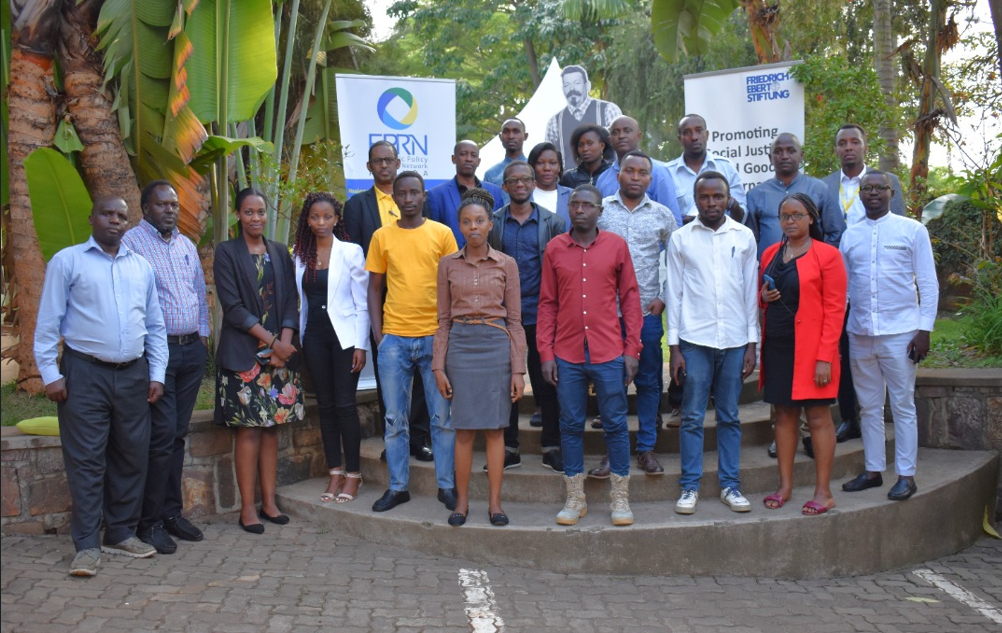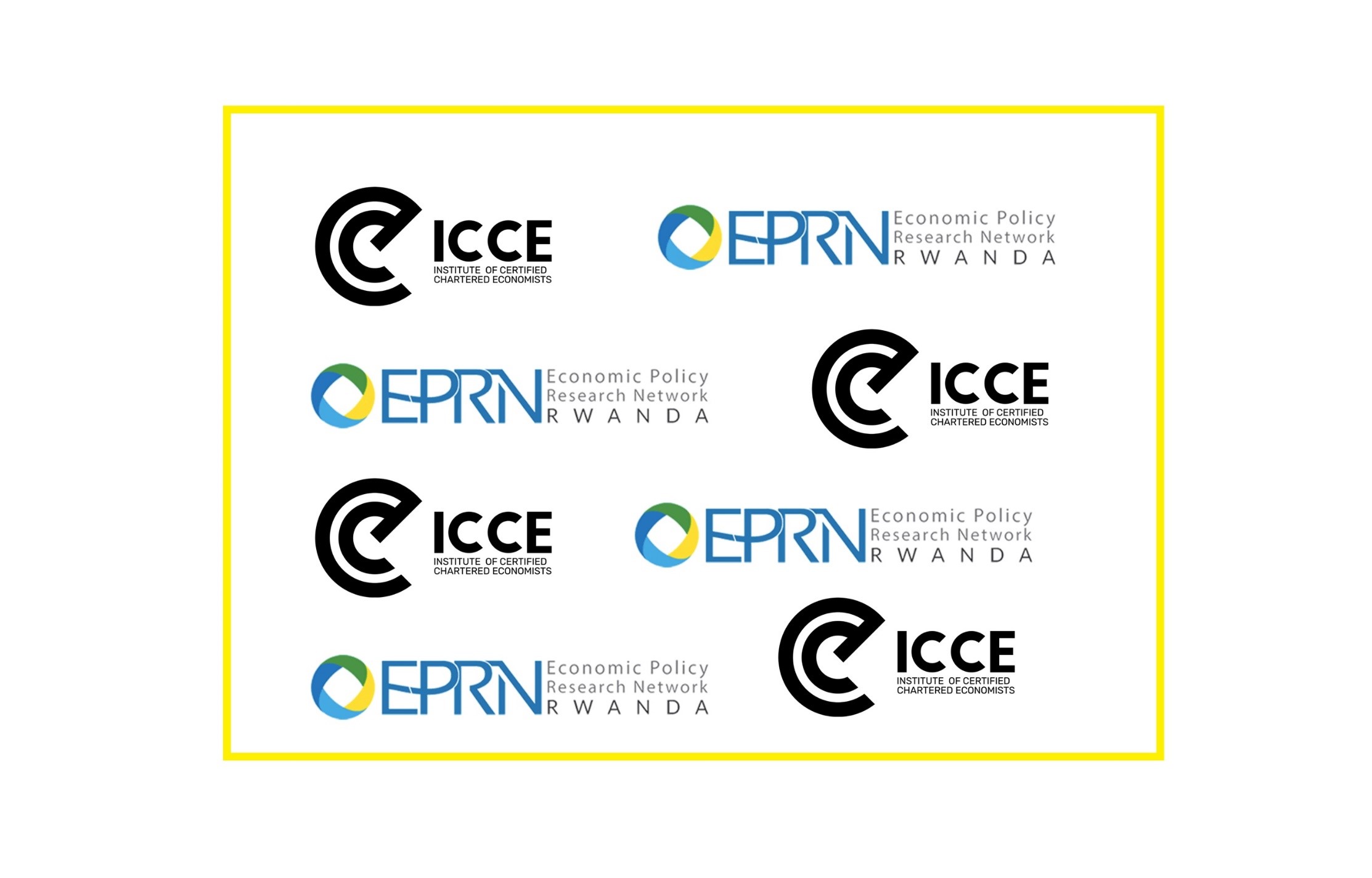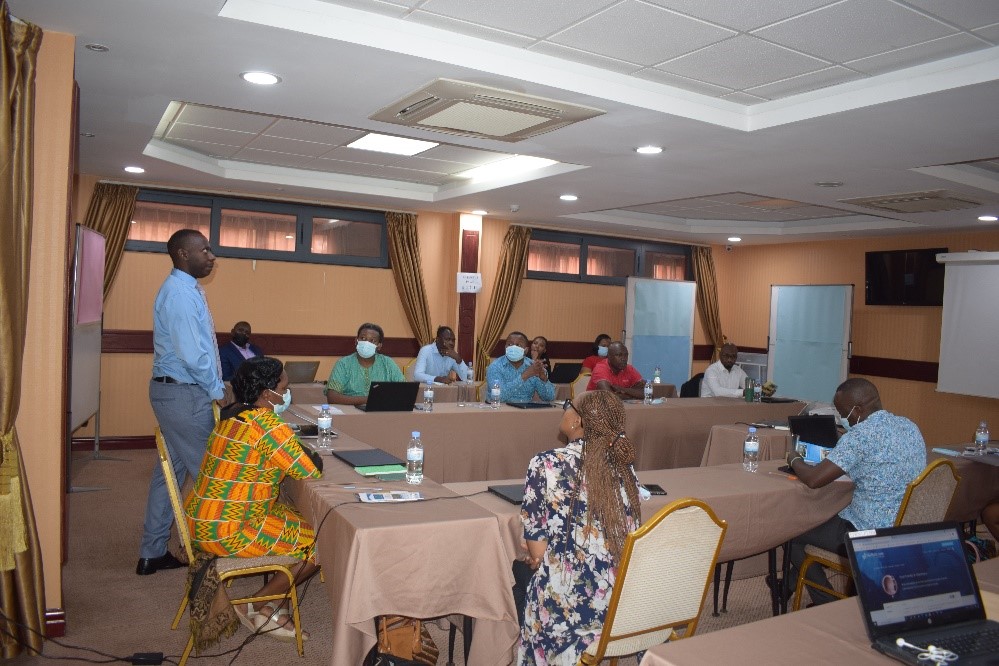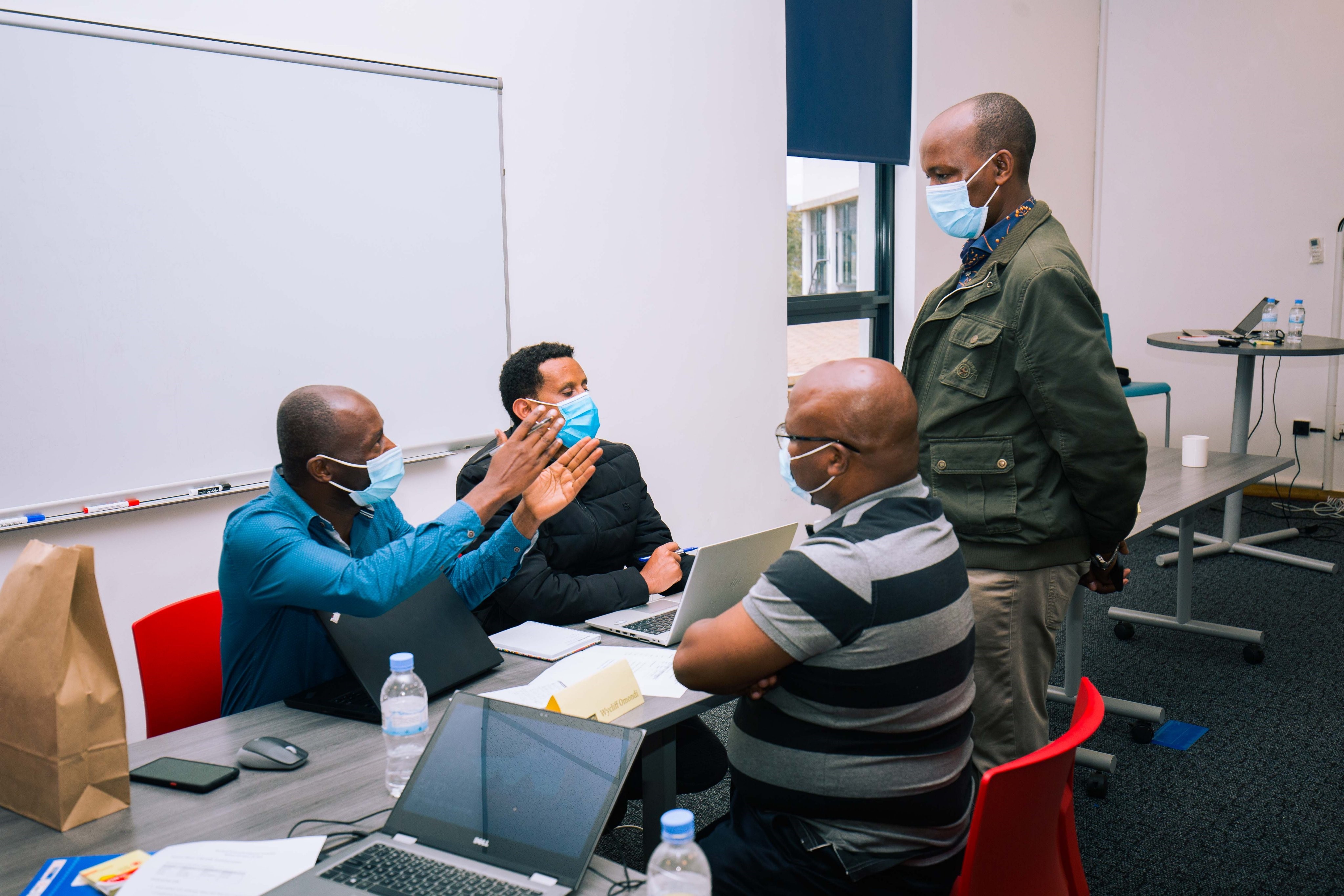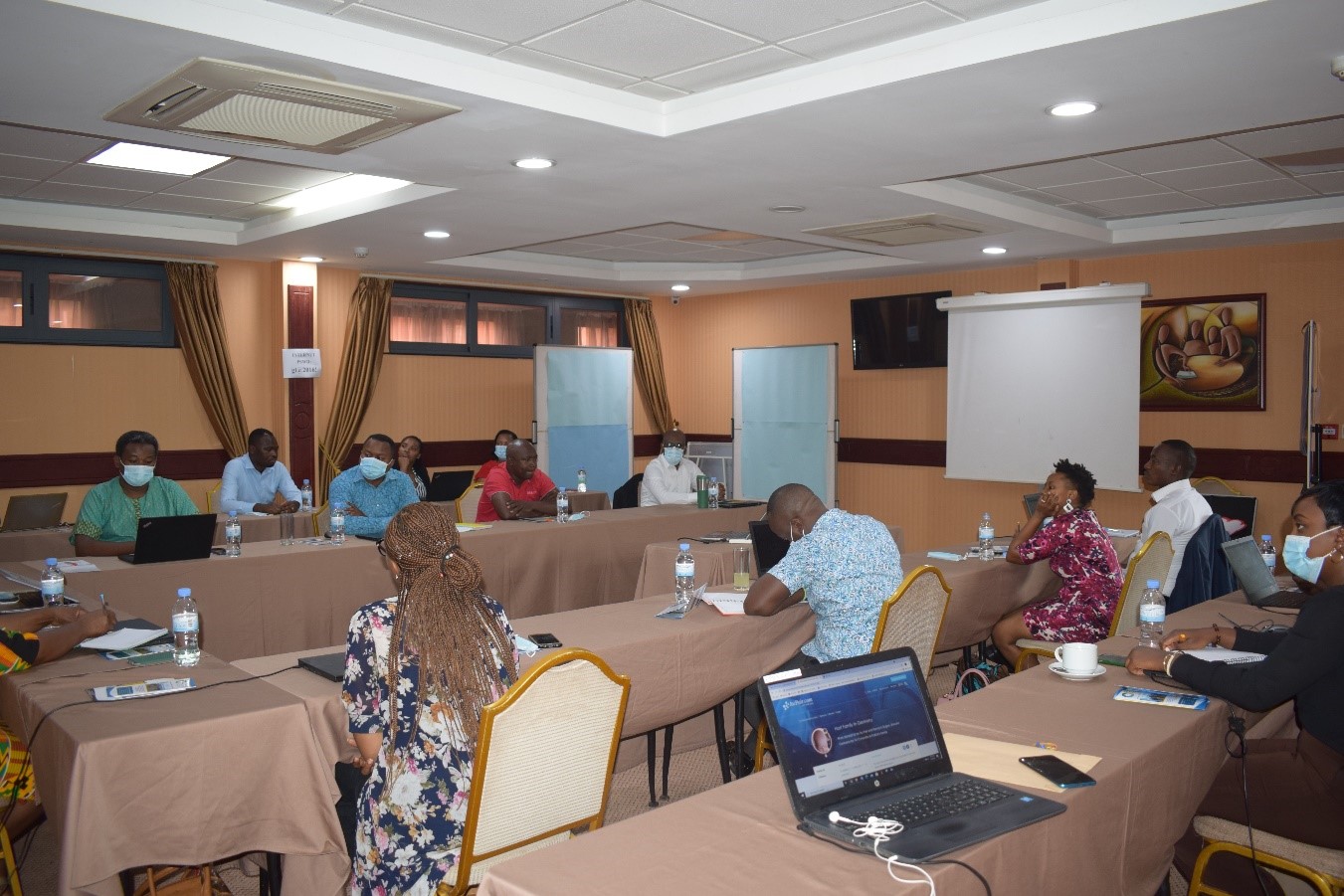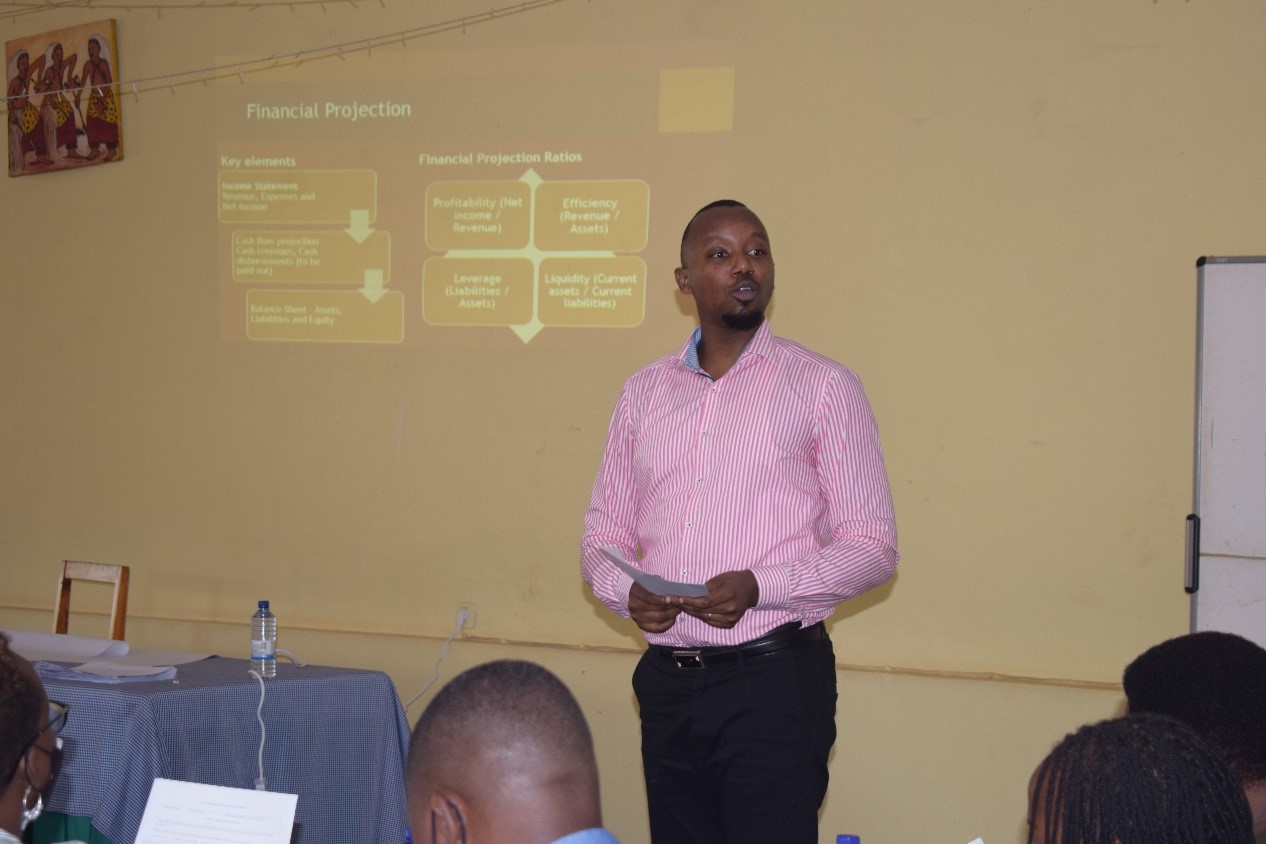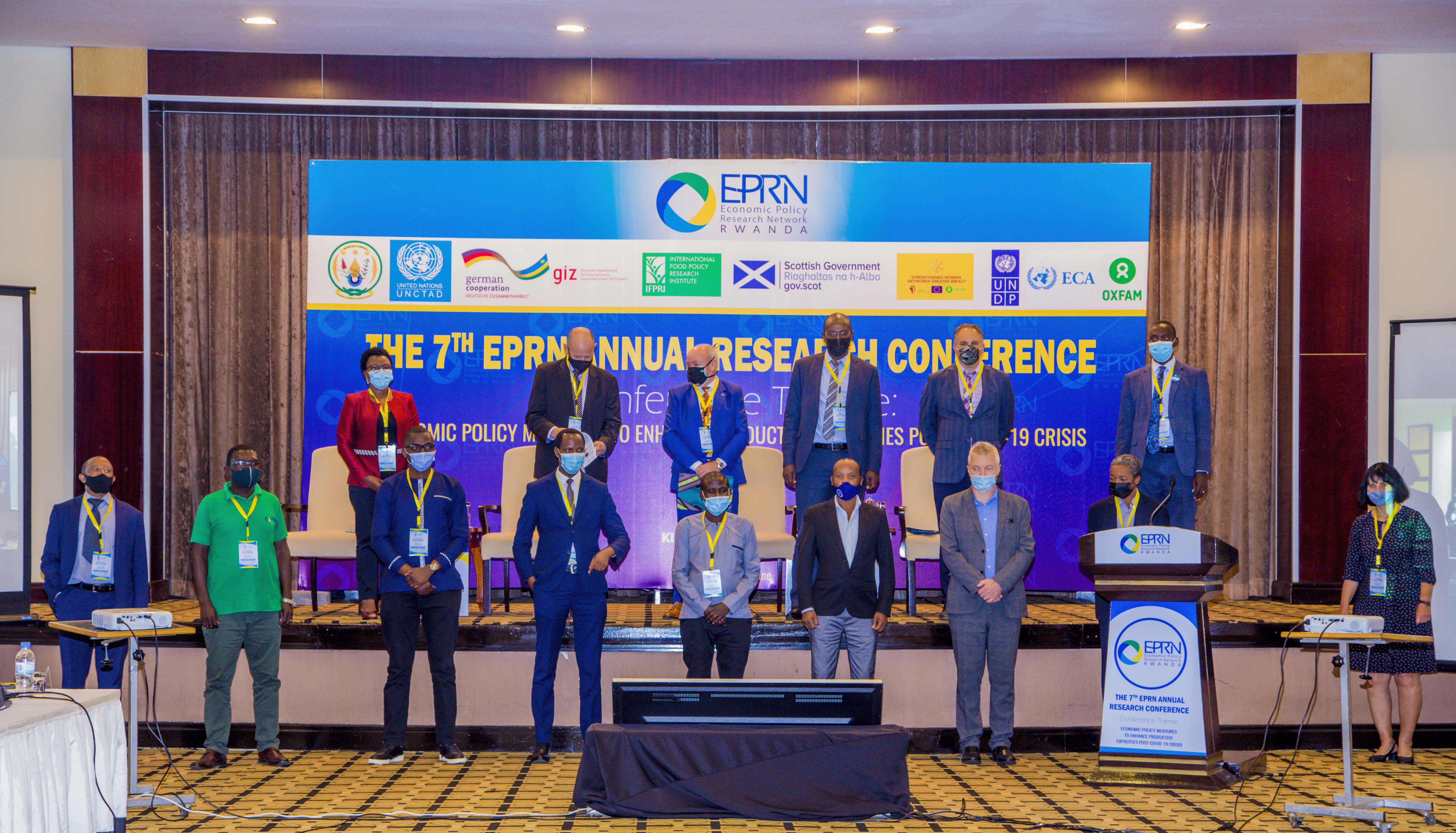DIGITAL PUBLIC LECTURE ABOUT CONSIDERATIONS FOR POST COVID-19 RECONSTRUCTION PHASE
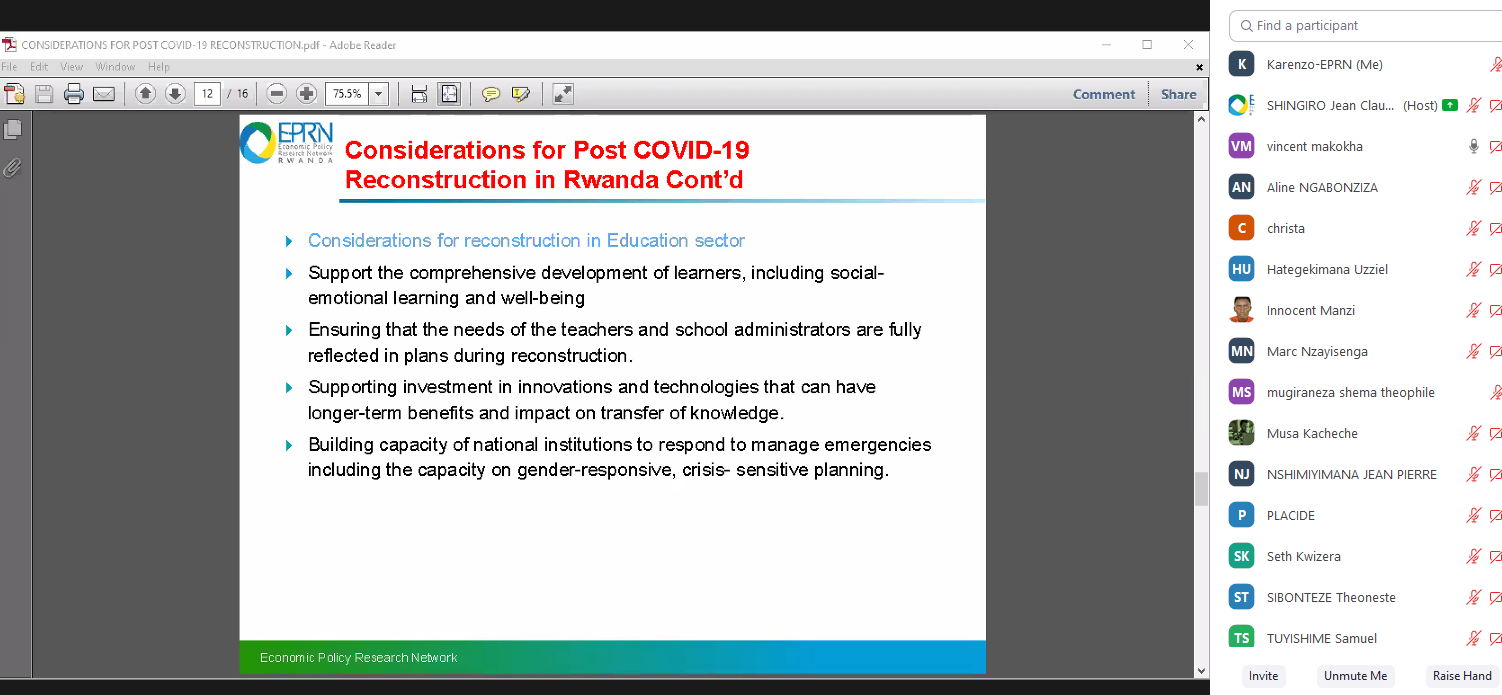
1. Introduction
The Economic Policy Research Network hosted a digital public lecture on Zoom live. The live discussion mainly targeted University students from all student chapter groups, Individuals and Researchers. The ultimate aim of the discussion was to highlight and provide updates on the Considerations for Post Covid-19 Reconstruction Phase. This is in line with EPRN’s mandate of capacity building of young professionals and researchers in the name of human capital development.
2. Background of COVID-19
The COVID-19 pandemic is inflicting high and rising human costs worldwide. Protecting lives and allowing health care systems to cope have required isolation, lockdowns, and widespread closures to slow the spread of the virus. The health crisis is therefore having a severe impact on economic activity. As a result of the pandemic, the global economy is projected to contract sharply by -3 percent in 2020, much worse than during the 2008–09 financial crisis. In a baseline scenario, which assumes that the pandemic fades in the second half of 2020 and containment efforts can be gradually unwound, the global economy is projected to grow by 5.8 percent in 2021 as economic activity normalizes, helped by policy support. (International Monetary Fund, 2020). COVID-19 is forcing many around the world to re-evaluate existing processes and organizations and adapt to carry out business, of which medicine and education are not immune. Most national and international orthopedic conferences, training programs, and workshops have been postponed or canceled.
3. Highlights of Digital public lecture
The event was hosted by EPRN : Mr Vincent MAKOKHA (senior member of EPRN) as the presenter ; and Mr Seth Kwizera (EPRN Coordinator) as the moderator. Mr. Seth opened the session by a welcoming remark before giving the floor to Mr Vincent. He clearly stressed the motive, need and expectations of the discussion, and briefed the participants about the current economic implication of COVID-19. Mr. Seth emphasized the role of the discussion in professional and career development of students, researchers and other participants.
Mr Vincent went on with his presentation explaining the key points on the Introduction to COVID-19 Pandemic, COVID-19 pandemic in the context of the Disaster Cycle, Impact of COVID-19 to key sectors of the Rwandan Economy and Considerations for Post COVID-19 Reconstruction phase in Rwanda. The speaker stressed how COVID-19 pandemic has greatly affected the following key sectors to a large extent at both global and national level. Health, Education, Tourism, Agriculture and food security, Trade and Industry that affect increased resource allocation dedicated to prevent, detect and respond to the threat posed by the corona virus (surveillance, information communication and awareness, and management of cases). After his presentation, Mr Vincent gave a floor to participants for open discussion and Q&A before Mr. Seth called it a day with a closing remarks.
4. Attendance and Evaluation
The event was attended by over 19 participants, student (75%), Individuals (12.5%), and independent researchers (12.5%). The participants appreciated the public lecture as very helpful to 37.5 % and the rest disclosed that it was helpful.
5. Conclusion and Key Takeaways
He recommended that the government and development partners should focus on addressing the communities coping mechanisms to restore normal livelihoods. Reconstruction initiatives/ activities for consideration should aim to address social, economic, technical and capacity development issues in sector of Health, Education, Tourism, Agriculture and food security, Trade and Industry.





